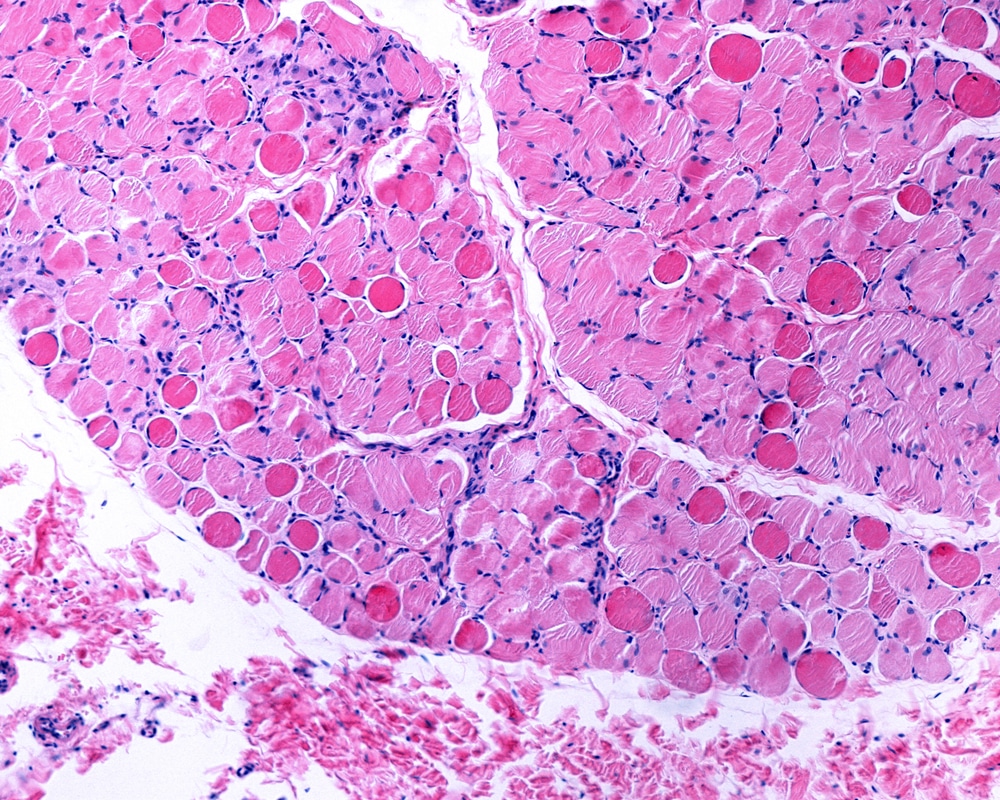U.S. company Sarepta Therapeutics, Inc. said it intends to submit a Biologics License Application (BLA) seeking accelerated approval for SRP-9001 (delandistrogene moxeparvovec) to treat ambulant individuals with Duchenne muscular dystrophy.
SRP-9001 is an investigational gene therapy for Duchenne being developed in partnership with Roche.
“We are delighted to confirm that based on the feedback we received following a thorough and in-depth review, we intend to submit a BLA for our SRP-9001 gene therapy to treat Duchenne muscular dystrophy this fall. We look forward to a collaborative review commencing this year and running through the first half of 2023,” said Doug Ingram, president and chief executive officer, Sarepta Therapeutics.
“Duchenne robs children daily and hourly of their muscle, stealing them bit by bit from their families and loved ones. Guided by rigorous science and productive regulatory discussions, our goal is to move with the urgency desperately needed by the patient community, and our upcoming BLA filing for SRP-9001 serves that goal.”
SRP-9001 was granted Fast Track designation in July 2020, an FDA process designed to facilitate the development and expedited review of drugs that treat serious conditions and fill unmet medical needs. In addition to Fast Track, SRP-9001 has also been granted Rare Pediatric Disease (RPD) designation in the U.S., and Orphan Drug status in the U.S., the European Union, Switzerland and Japan.
About SRP-9001 (delandistrogene moxeparvovec)
SRP-9001 (delandistrogene moxeparvovec) is an investigational gene transfer therapy intended to deliver SRP-9001 to muscle tissue for the targeted production of functional components of dystrophin. Sarepta is responsible for global development and manufacturing for SRP-9001 and plans to commercialize SRP-9001 in the U.S. upon receiving FDA approval.
In December 2019, Roche partnered with Sarepta to combine Roche’s global reach, commercial presence and regulatory expertise with Sarepta’s gene therapy candidate for Duchenne to accelerate access to SRP-9001 for patients outside the U.S.
About Duchenne muscular dystrophy
Duchenne muscular dystrophy (DMD) is a rare, fatal neuromuscular genetic disease that occurs in approximately one in every 3,500-5,000 newborn males worldwide. DMD is caused by a change or mutation in the gene that encodes instructions for dystrophin. Symptoms of DMD usually appear in infants and toddlers.
Affected children may experience developmental delays such as difficulty in walking, climbing stairs or standing from a sitting position. As the disease progresses, muscle weakness in the lower limbs spreads to the arms and other areas.
Most patients require full-time use of a wheelchair in their early teens, and then progressively lose the ability to independently perform activities of daily living such as using the restroom, bathing and feeding. Eventually, increasing difficulty in breathing due to respiratory muscle dysfunction requires ventilation support, and cardiac dysfunction can lead to heart failure.
The condition is universally fatal, and patients usually succumb to the disease in their twenties.





